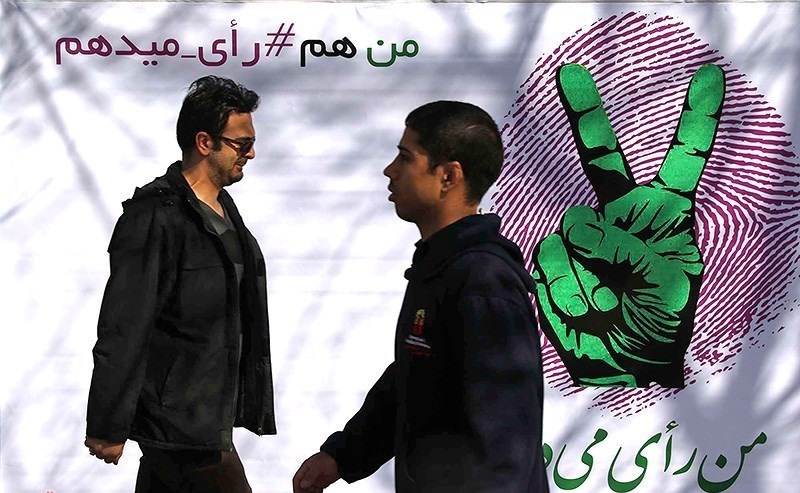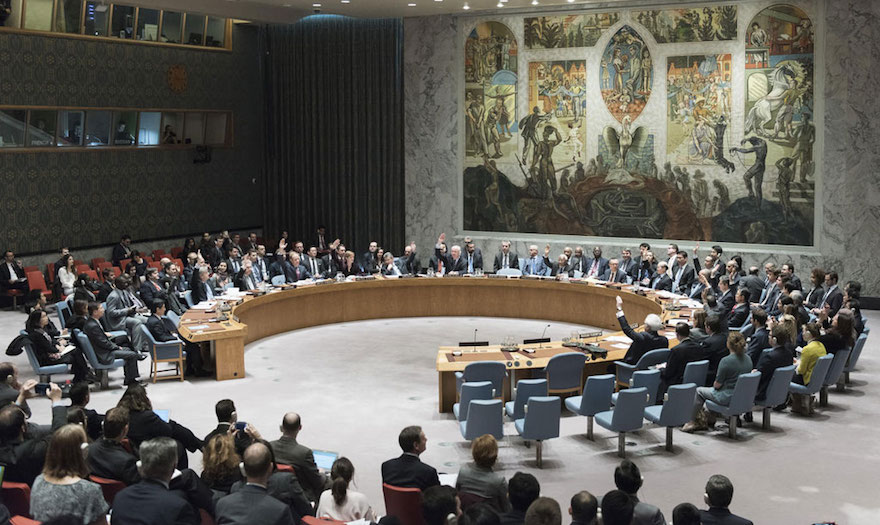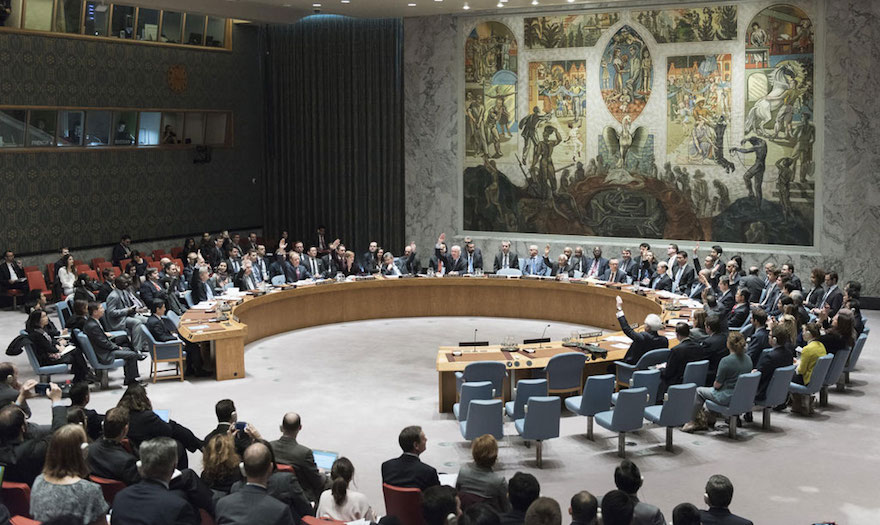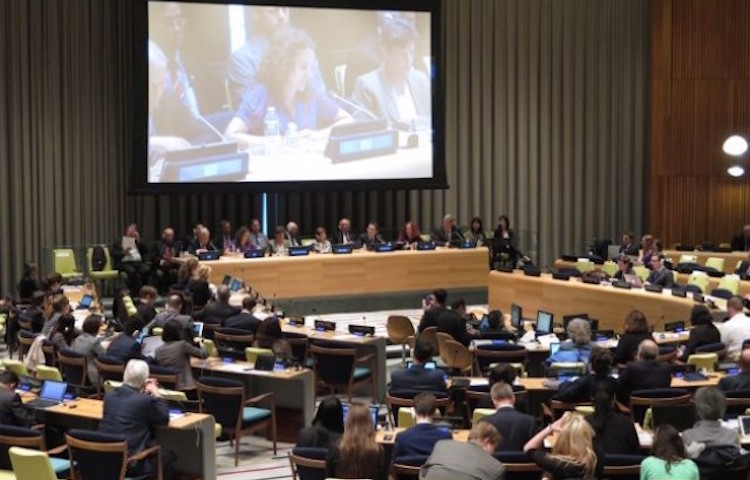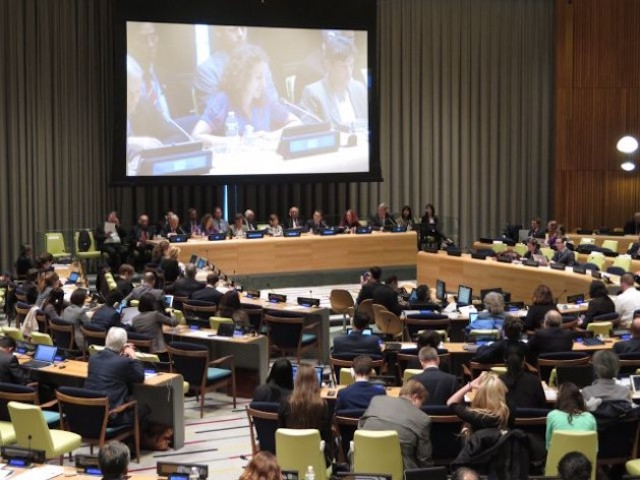By Kalinga Seneviratne* | IDN-InDepthNews Feature
This article is the third in a series of joint productions of Lotus News Features and IDN-InDepthNews, flagship of the International Press Syndicate.
SINGAPORE (IDN | Lotus News Features**) – As a new government led by Aung San Suu Kyi takes over in Myanmar this month (March), reforming the country’s jade mining industry and ensuring that the benefits flow to the people and the national coffers would be the litmus test of its democratic credentials.


